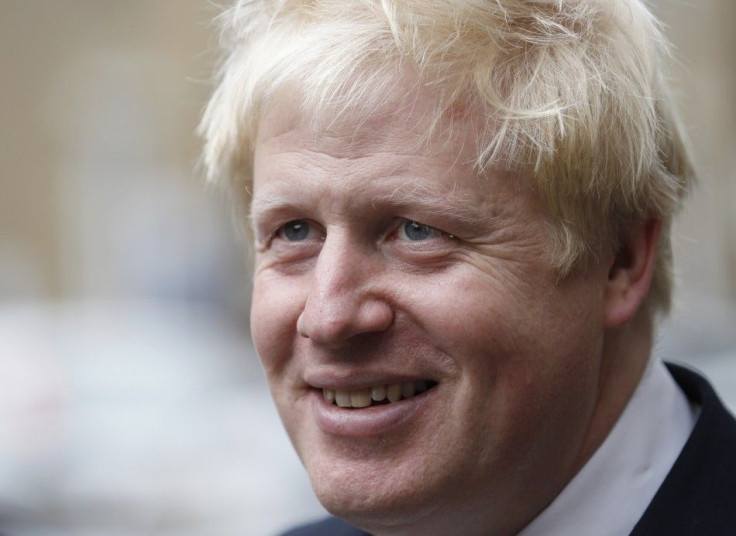We Need India: London Mayor Boris Johnson

The controversial and eccentric mayor of London, Boris Johnson, has called for the British government to relax visa restrictions on foreign students, particularly Indians, while praising the subcontinent's booming economy.
On a six-day visit to India to promote investment, Johnson warned that UK universities could lose out on the best and brightest of young Indian minds to schools in the U.S. and Australia. He also urged parliament to permit foreign students to stay in the UK to work after they graduate.
In recent years, the British government has tightened visa rules on foreign scholars, particularly those from outside the European Union.
“It’s crazy that we [Britain] should be losing India’s top talent and the global leaders of the future to Australia and the United States,” he told students at a Delhi university.
“The most important thing is academic freedom -- if people are genuine students and genuinely desire to learn and contribute to the economy there should be a system which allows them to travel from one major center of learning to another, and that’s what we’re trying to achieve.”
International students provide some £2.5 billion ($4 billion) into London's economy annually, Johnson asserted, suggesting that reduced immigration will harm Britain financially.
Johnson told the Daily Telegraph: “Indians are being put off. It’s a bit of perception [but] too many people have had difficulty. A lot of people raise it with me, students and businessmen too. They need to stay and take up employment more speedily [and for a longer period]. But generally their applications need to be processed faster, and we need to be more sympathetic and not shutting off a major source of investment in our education.”
British businesses who work with India praised the mayor's stance.
“No one can argue that bogus institutions or students should go unchecked. But it is vital for the UK’s prosperity that we are seen as a preferred education partner for good and genuine Indian students,” said Mark Runacres, head of the education consultancy British Business Group.
“Our image as an attractive education destination has clearly suffered recently in India.”
On a broader basis, Johnson also called for greater trade links between the UK and India.
"It's all about what London has -- the brands we can offer, the opportunities we can offer to Indian business," he said.
"On the way in to Delhi I saw a Jaguar car driving in from the airport which had been made in Coventry and now owned by an Indian company. Imagine if a million were driving Jaguar cars, you can see where the opportunities are.”
He added: "The worry is that young Indians are already orientated toward America. They think about higher education in America, we do much better with young Chinese for example. Visas is a point but it's not the only point. It's the mood music, so what I want to do is explain how welcoming London is."
Johnson told the Economic Times he hopes that UK-India bilateral trade doubles by 2015.
Bilateral trade between the two nations climbed by 26 percent to 16.4 billion pounds in 2011, up from 13 billion pounds in 2010. India is now the fifth largest investor in the UK.
In 2011, Britain's exports to India jumped by 29 percent, making India the UK's biggest non-EU market
"Britain is open to investments from India in a big way," he said.
"There are so many areas where we can move together.”
© Copyright IBTimes 2025. All rights reserved.





















